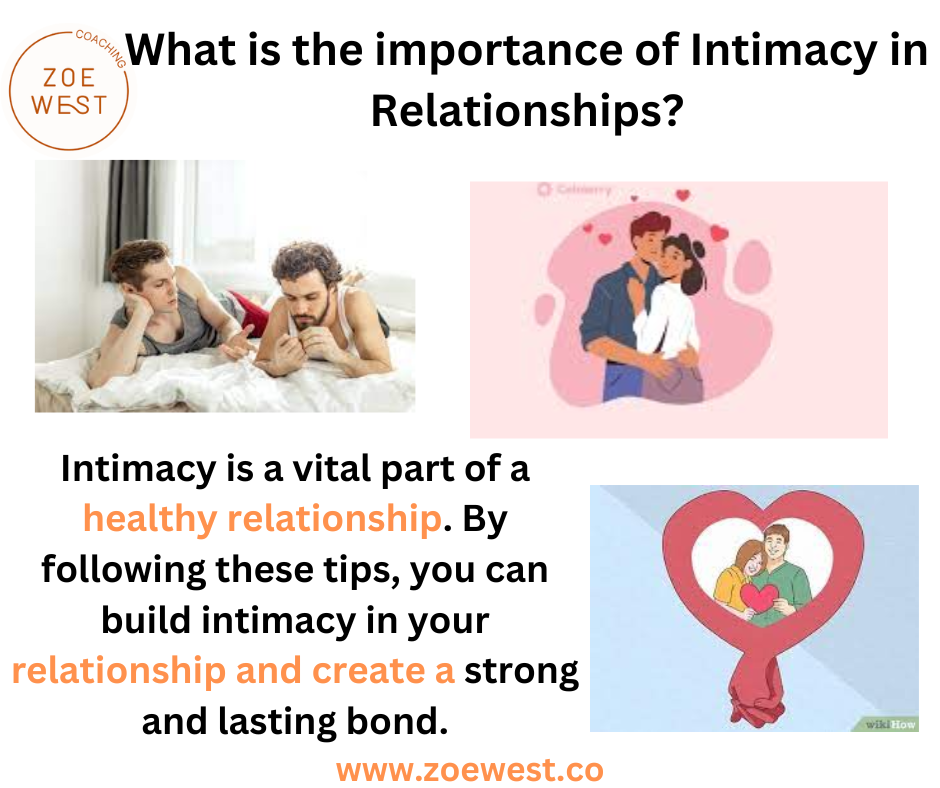In the realm of romantic relationships, the phrase “I love you” carries profound weight. It signifies a deep emotional connection, a mutual understanding, and often, an unspoken agreement about the direction of the relationship. When intertwined with the act of making love, this declaration transcends the mere words; it becomes an embodiment of intimacy and vulnerability. In this discourse, we shall explore the multifaceted dimensions of expressing love during sexual intimacy, the expectations characters may harbor, and the significance of harmonizing emotional and physical realms.
To commence, the act of making love is an intricate choreography of bodies, emotions, and intentions. It is more than a physical endeavor; it is a communion of souls. The moment one partner expresses affection through the utterance of “I love you,” it is laden with implications that extend beyond the act itself. The expectation is that this phrase not only serves as a verbal validation of the relationship but also enhances the emotional landscape of the encounter. It implores a deeper connection; it seeks to align the physical act with the emotional pact that binds two individuals together.
Understanding the emotional dynamics at play is crucial. For many, saying “I love you” during intimacy can serve as a profound reinforcer of connection. It acts as a catalyst, painted with strokes of trust and security, allowing each partner to lower their guards. The mere act of sharing such a significant declaration amidst vulnerability can amplify feelings of acceptance and belonging. However, it is essential to recognize that this expression may bear different meanings for different individuals. Thus, mutual understanding is paramount.
The expectations surrounding the expression of love during intimate moments can be multifarious. Some partners may anticipate a reciprocation of the sentiment, yearning for an affirmation of their feelings. This expectation can sometimes lead to anxiety; what if the response is not what was anticipated? In contrast, others may view the expression as a spontaneous declaration, devoid of conditions or requests for reciprocation. Navigating these varying expectations requires open communication—a cornerstone of healthy relationships. Discussing each partner’s feelings regarding verbal affirmations during intimacy can foster an atmosphere of understanding and emotional safety.
A prevalent expectation is that the act of making love should be accompanied by warmth, sincerity, and an aligned emotional state. The character expressing love must ensure that their intention is genuine. Insincerity can lead to disillusionment and emotional estrangement. The nuances of tone, body language, and timing play pivotal roles in conveying authenticity. An effusive proclamation may be received differently compared to a whisper, softly caressing the ear, suggesting tenderness rather than exuberance.
Moreover, the context of the relationship itself can shape how such declarations are perceived. For newer relationships, professing love during intimacy may bring forth excitement mixed with apprehension. It is a moment layered with the thrill of vulnerability but also steeped in the uncertainties of nascent feelings. In longer-term partnerships, the same phrase can evoke nostalgia, emblematic of a journey shared, filled with trials and tribulations.
Another critical aspect to consider is the role of timing and setting. Intimacy, by nature, is an ardent affair. The ambiance, the sensory experiences—lighting, scent, and music—play influential roles in magnifying emotional expressions. Imagine a dimly lit room, soft music enveloping the atmosphere; such an environment lays the groundwork for profound emotional exchanges. Saying “I love you” in such a setting may carry an added depth, echoing through the tender closeness of the moment.
Conversely, an offhand remark in the heat of passion may not resonate with the same significance. The efficacy of love declarations hinges on the context, and ensuring emotional availability is key. Both partners must be present—not lost in thoughts or distractions, but fully immersed in the moment. This mindfulness enhances the intimacy of the experience and enriches the communication of feelings.
Furthermore, the implications of saying “I love you” extend beyond the immediate moment. The aftereffects can resonate throughout the relationship, influencing dynamics in days, weeks, and even months to come. It can strengthen bonds or, if mishandled, create rifts. Ensuring clarity and alignment in feelings post-intimacy is crucial. Open discussions about the meanings and implications of such expressions can alleviate misunderstandings and fuel relational growth.
It is essential to remember that not every intimate encounter necessitates a verbal affirmation of love. Partners may find fulfillment in non-verbal expressions—gentle caresses, eye contact, or shared silence that communicates comfort and understanding. Each relationship is unique, and partners should navigate these expressions in ways that resonate with their dynamics.
Ultimately, saying “I love you” while making love is a juncture where the emotional and physical realms converge. It is a moment laden with potential—capable of deepening bonds, affirming commitments, and fostering trust. Expectations should be discussed openly, providing a platform for each partner to express their feelings and desires without fear of judgment.
In summation, the act of vocalizing love amidst intimacy serves as a sacred ritual, a testament to the relationship’s depth. By engaging in honest dialogues about expectations and feelings, partners can cultivate an environment where intimacy flourishes, and love blooms unabated. The intricate dance of love and intimacy is, after all, a continuous unfolding of emotions, where every touch, every heartbeat, and every whispered word matters.

